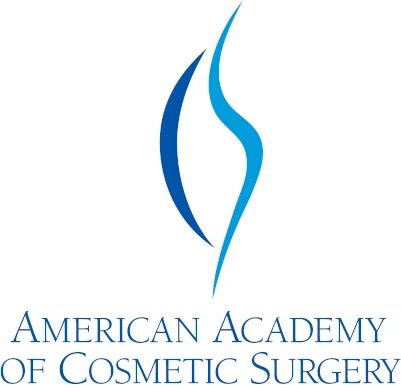
In the battle of Thermopylae in 480 BCE, 300 Spartans held off an overwhelming Persian force for three days before being outflanked. In modern times, like the Spartans, 342 surgeons certified by the American Board of Cosmetic Surgery are under attack by the vastly larger American Society of Plastic Surgeons.
In the November 2020 issue of The Plastic and Reconstructive Surgery Journal of the American Society of Plastic Surgeons, an article was published titled, “Board Certification in Cosmetic Surgery: An Evaluation of Training Backgrounds and Scope of Practice.” In it, the authors write that “62.6% of ABCS diplomates advertised surgical operations beyond the scope of their ACGME… training.”
The authors further state, “Current literature, media reports, and legal proceedings demonstrate that physicians operating outside their scope of training jeopardize patient safety.” Interestingly, the authors state that “300 (cosmetic) surgical cases pales in comparison to that of plastic surgeons who perform a mean of 1947 procedures during residency training.” The obvious question centers on the issue of safety versus economics and turf protection. Why would the vastly larger American Society of Plastic and Reconstructive Surgery be so consumed with attacking the training and reputation of a much smaller cadre of board-certified cosmetic surgeons?
My interest in this issue of training was piqued during a Board of Trustees call a few years ago when a fellow member stated that we were just as competent as plastic surgeons. The statement struck a chord with me. I thought, “We are not equal, but better!” I was honored to present the Webster Lecture (named after an ABMS plastic surgeon who helped start AACS) at the 2017 AACS Annual Scientific Meeting, where I addressed these very issues of competency. I highlighted multifaceted facts proving my assertion in a non-refutable format.
Perhaps like the ancient Persians, the ASPRS fears that with our highly focused cosmetic fellowship training programs, we will cut them off at the Thermopylae pass. Thus, they must outflank us with media blitzes, professional journal publications, and lobbying of state medical boards.
As your President, I feel advocacy is a cornerstone of what the American Academy of Cosmetic Surgery should offer to our members. Now, it is time to galvanize our members to speak up, publish our superior cosmetic experience, and take a proactive media approach. We need to continuously monitor state legislation to ensure we have the right to advertise our American Board of Cosmetic Surgery certification. For those not certified, we still need to advocate for the basic legitimacy of cosmetic surgeons and promote that we have dedicated ourselves to fostering patient safety not just in name, but in daily action.
With the COVID-19 pandemic, your leadership has not accomplished all that we hoped. However, we have still made great strides for the Academy. To ensure that we continue this path, the Board has elected to maintain the current officers on the Board of Trustees for a full two-year term.
As president, I will serve another year along with Kevin Duplechain, MD, as Vice President, Talon Maningas, MD, as secretary and Rania Agha, MD as treasurer. In 2020, we held a successful Annual Scientific Meeting in Las Vegas, published a member directory, held virtual COVID-19 Connect meetings, began publishing the quarterly newsletter The Consult, expanded our committees to include Young Physicians, Women in Cosmetic Surgery, and Allied Health, and aligned the Cosmetic Surgery Foundation with AACS under a single Executive Director, Colleen Nolan.
In the coming year, we will continue to re-energize industry support for the Cosmetic Surgery Foundation. We are proud to take the lead in soft tissue injection and neurotoxin training, furthering the pilot program, AACS Training Institute: Hands-On Injectable Course held at Summit Dermatology in Oakbrook Terrace, IL in August 2020 and hosted by Dr. Rania Agha, with more programs coming in the future. And of course, don’t miss our innovative, comprehensive 2021 Virtual Annual Scientific Meeting, February 3-28.
But we must be vigilant and stand strong for our right to practice cosmetic surgery. Together, we can uphold 35 years of our Academy and stand united against our adversaries.
Thanks for joining the American Academy of Cosmetic Surgery, thank you for reading our newsletter, and thank you in advance for getting involved.


Mark Mandell-Brown, MD
President, American Academy of Cosmetic Surgery
